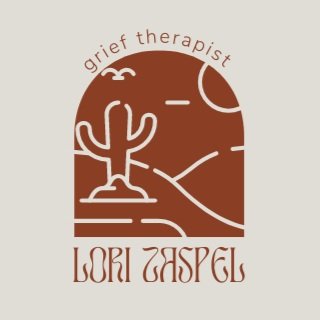Journaling prompts for resentment
“Resentment is like taking poison and waiting for the other person to die.” — Malachy McCourt
What did this resentment teach me? How will forgiveness help me? Or not help me?
What triggered this feeling? Explore the underlying emotions and thoughts that contributed to your sense of resentment. How did it manifest in your thoughts, feelings, and behaviors?
Was my expectation too rigid towards the person who created the resentment?
Think back to a time in your past when you experienced a significant conflict or betrayal that left you feeling resentful. What were the circumstances surrounding this event? How did you cope with the resentment at the time? Reflect on how this experience may still be impacting your emotions and relationships today.
Consider any recurring patterns or themes in your life that evoke feelings of resentment. Are there certain people, situations, or expectations that consistently trigger this emotion? Reflect on potential strategies for addressing and resolving these underlying issues to cultivate a greater sense of peace and forgiveness.
Am I present?
What does “letting go” mean to me? The words “letting go” make me think… and make me feel… In what ways is letting go similar to giving up, and in what ways is it different to me? When I finally be able to let go of the most difficult thing, person, place, idea, or dream I’ve had to let go of, I feel…
What does your anger tell you about your life? What does it tell you about yourself? Write a conversation with your anger. Ask it why it exists and what positive action it wants you to take to feel better. Write several concrete steps you can take, along with how you will accomplish them.

